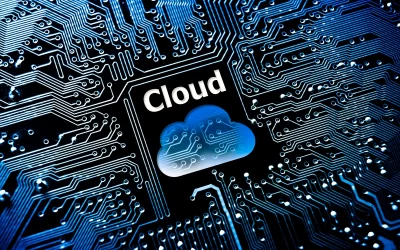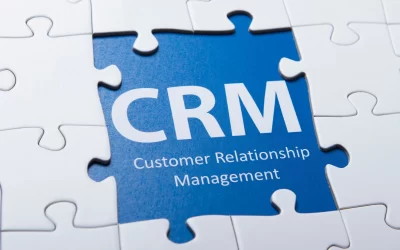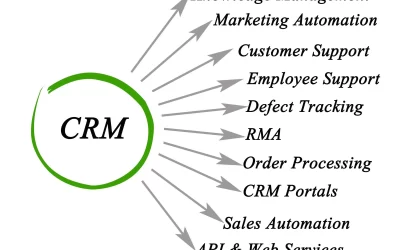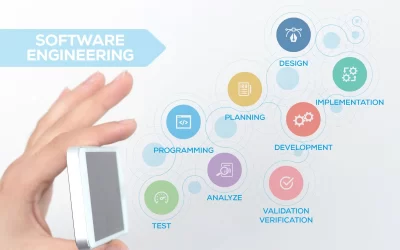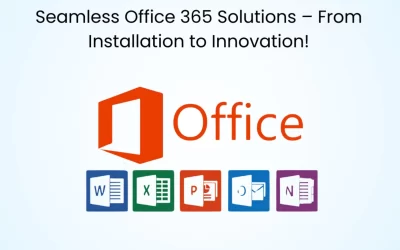Future CRM Trends 2025
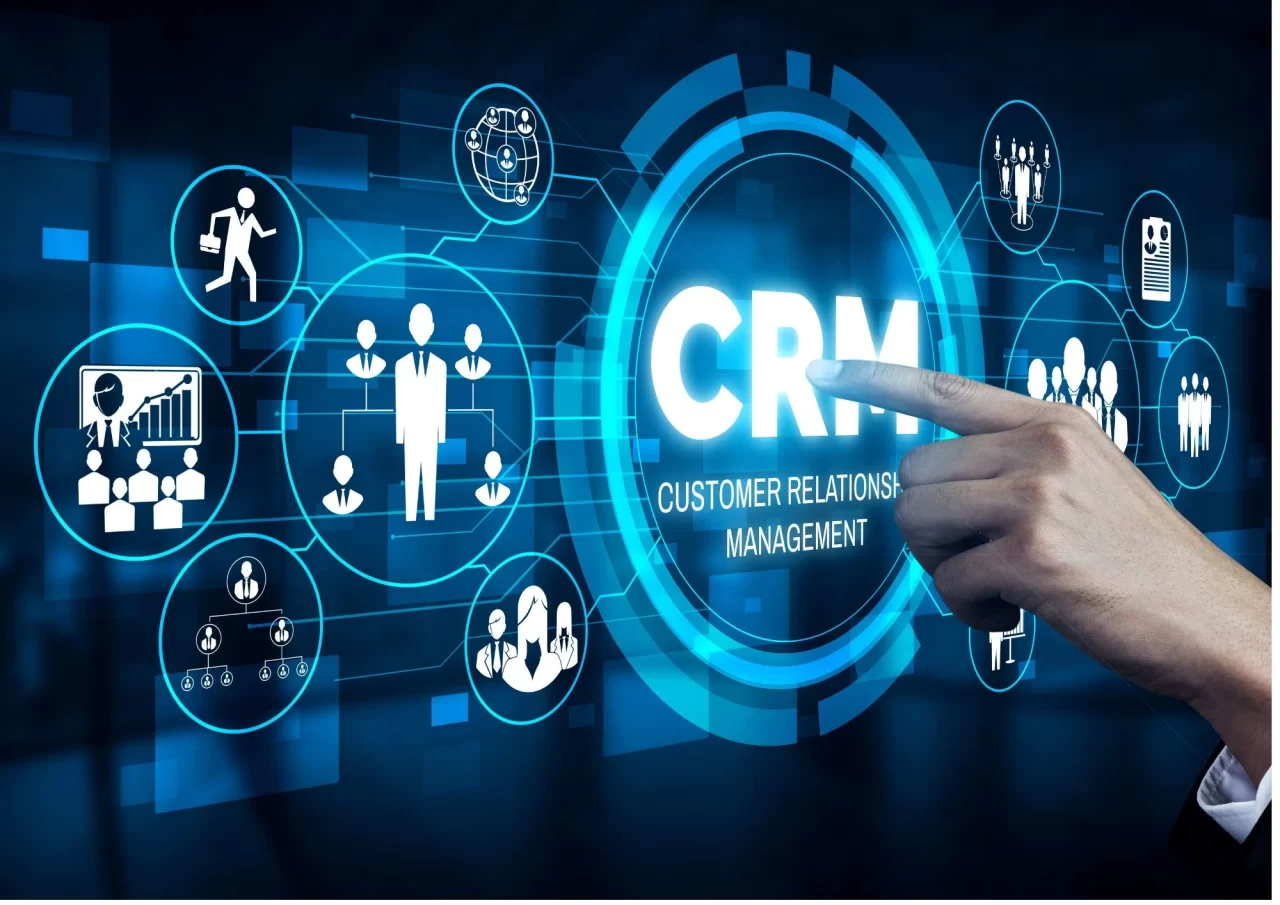
Customer Relationship Management (CRM) software has evolved from a simple contact database to an AI-driven, automation-powered tool that enhances sales, marketing, and customer service. As businesses continue to prioritize customer experience (CX), CRM technology is rapidly advancing to meet new demands.
So, what does the future hold for CRM in 2025? Here are the top trends and innovations shaping the future of CRM software
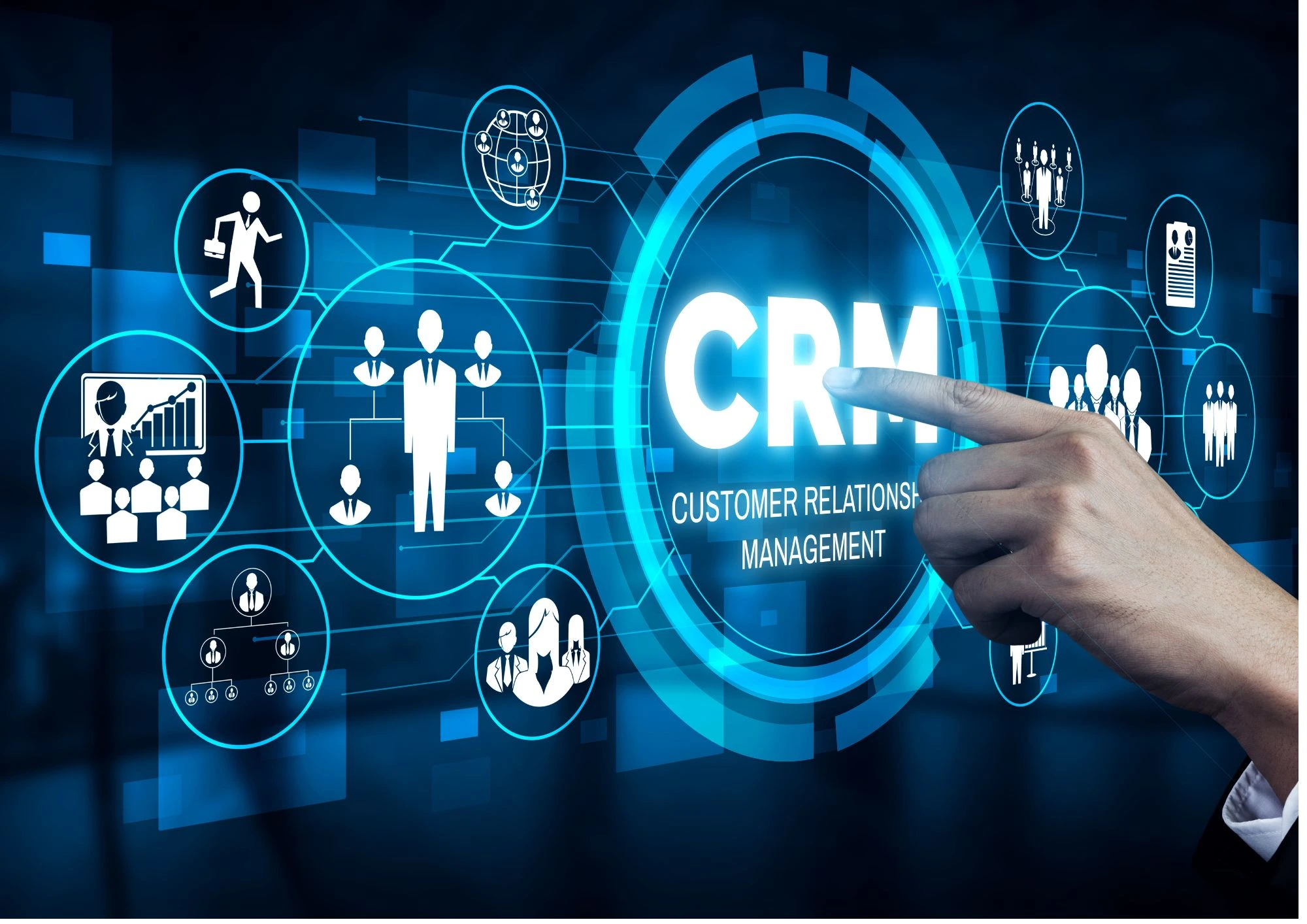
1. AI-Powered CRM for Smart Automation
Artificial Intelligence (AI) and Machine Learning (ML) are revolutionizing CRM software, making it smarter and more intuitive.
What to Expect in 2025?
- AI-driven lead scoring to identify high-potential customers.
- Smart chatbots for instant customer support
- Automated email personalization for better engagement
- AI-powered sales forecasting & predictive analytics
AI-driven CRMs will help businesses make data-driven decisions, improving efficiency and conversion rates.
2. Hyper-Personalization with Customer Data Analytics
Businesses will use real-time data analytics to offer personalized experiences based on customer behavior and preferences.
Key Innovations in 2025:
- Behavioral tracking to understand customer buying patterns
- AI-powered recommendations for upselling & cross-selling
- Sentiment analysis to gauge customer satisfaction
- 360-degree customer view for better decision-making
This level of hyper-personalization will enhance customer engagement and loyalty.
3. Voice-Enabled & Conversational CRM
With the rise of voice search and virtual assistants, CRM software will integrate voice-enabled features for hands-free operation.
What’s Coming?
- Voice commands for updating customer records
- AI-driven voice analytics for sentiment detection
- Integration with Alexa, Google Assistant & Siri
- Hands-free CRM navigation for sales teams
This will make CRM tools more accessible and efficient, especially for on-the-go professionals.
4. Mobile-First CRM for Remote Work
With the increase in remote and hybrid work, mobile CRM solutions will become a necessity.
Future Features of Mobile CRM:
- AI-powered mobile assistants for real-time updates
- Offline access & auto-sync capabilities
- Location-based tracking for sales teams
- Enhanced mobile security to protect customer data
A mobile-first approach will help businesses stay connected with customers anytime, anywhere.
5. CRM & IoT (Internet of Things) Integration
The integration of IoT with CRM will take customer interactions to a whole new level.
How Will IoT Impact CRM in 2025?
- Smart devices sending real-time customer data to CRMs
- Predictive maintenance alerts for service-based industries
- Automated customer support based on IoT device usage
- Enhanced inventory tracking for supply chain management
IoT-powered CRMs will allow businesses to anticipate customer needs before they arise.
6. Blockchain for CRM Security & Transparency
With growing concerns about data privacy and security, blockchain technology will play a crucial role in CRM systems.
Blockchain Innovations in CRM:
- Decentralized customer data storage for enhanced security
- Tamper-proof transaction history to prevent fraud
- Secure identity verification for customer onboarding
- Smart contracts for automated agreements
This will make CRM platforms more transparent, secure, and trustworthy.
7. Seamless Integration with Business Tools
Future CRM software will offer enhanced integrations with various business tools for a unified digital ecosystem.
CRM Integrations in 2025:
- ERP systems for better financial and inventory management
- E-commerce platforms for real-time customer tracking
- Marketing automation tools for seamless campaigns
- Social media analytics for tracking customer engagement
Businesses will benefit from one unified system instead of juggling multiple disconnected tools.
8. No-Code & Low-Code CRM Customization
In 2025, businesses will no longer need extensive coding knowledge to customize their CRM.
Key Features:
- Drag-and-drop workflow builders
- No-code automation for repetitive tasks
- Custom dashboards & reports
- Industry-specific CRM templates
This will allow small businesses and startups to customize CRMs based on their unique needs without hiring developers.
9. AR & VR in CRM for Enhanced Customer Experience
Augmented Reality (AR) and Virtual Reality (VR) will transform how businesses interact with customers.
Future Applications of AR/VR in CRM:
- Virtual product demos before purchase
- AR-powered customer support for troubleshooting
- VR-based sales training for teams
- Immersive customer engagement experiences
This will be game-changing for industries like real estate, retail, and manufacturing.
10. Subscription-Based & Pay-Per-Use CRM Models
Businesses will move away from fixed-price CRM subscriptions to more flexible, pay-as-you-go models.
What to Expect?
- Usage-based pricing for small businesses
- Scalable plans for growing enterprises
- Custom CRM modules to pay only for what you use
- AI-driven cost optimization for better budget control
This will make CRM software more affordable and accessible for businesses of all sizes.
Final Thoughts
The future of CRM software in 2025 is all about AI, automation, personalization, security, and seamless integration. Businesses that embrace these CRM innovations will gain a competitive edge by improving customer relationships, increasing sales, and streamlining operations.
